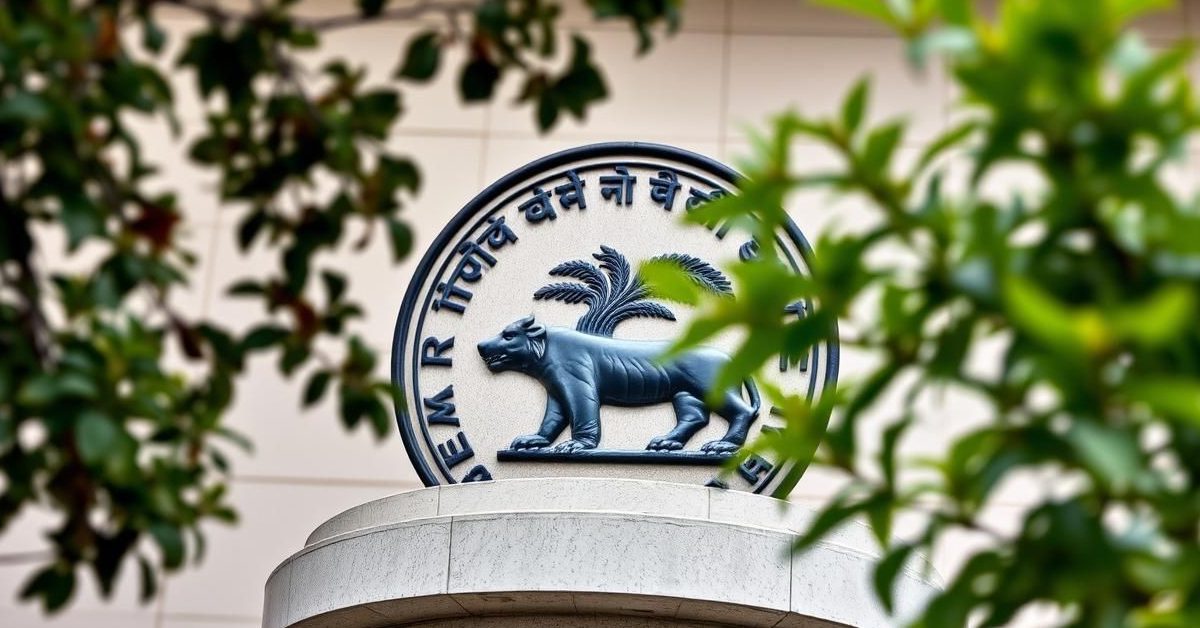Kerala’s Agriculture Minister P. Prasad has warned that a potential trade deal between India and the US could severely impact the livelihoods of lakhs of farmers in the state, particularly those involved in rubber, coconut, dairy, and poultry farming.
The Looming Trade Deal Threat
India is currently in talks with the United States to finalize a new trade agreement. A key demand from the US is for India to partially open its agricultural sectors.
This includes allowing genetically modified (GM) products like soy and removing existing regulations on US dairy imports. Such changes, Minister Prasad fears, could have devastating effects on Kerala’s diverse farming community.
Why Kerala’s Farmers Are Worried
Kerala’s agriculture heavily relies on cash crops such as coconut, rubber, pepper, cardamom, tea, and coffee, supporting millions of smallholder farmers. The proposed trade agreement poses several risks to these sectors.
One major concern is the potential influx of cheaper, subsidized US soybean oil. This could destabilize Kerala’s coconut oil market, making it harder for local coconut farmers to compete.
Similarly, the import of low-cost synthetic rubber would severely impact natural rubber farmers, a significant part of the state’s agricultural workforce. Prasad also highlighted the vulnerability of organic and natural farming to the entry of GM products.
The minister recalled how a previous trade deal with the ASEAN region led to a decline in income for rubber farmers, underscoring the potential for history to repeat itself.
Subsidies and Unfair Competition
A core issue, according to Minister Prasad, is the stark difference between US and Indian agricultural systems. US agriculture is characterized by large-scale mechanization and substantial government subsidies, sometimes exceeding 80% of production value for certain commodities.
In contrast, India’s system is dominated by smallholder farmers, supporting over 700 million people. India uses a tariff structure, with duties ranging from 0% to 150%, to manage price volatility and protect rural incomes. The US also employs high duties, like 350% on tobacco, to shield its own farm sector.
Prasad argues that reducing India’s tariffs would expose Kerala’s farmers to unfair competition, potentially dismantling local production systems that are vital for rural livelihoods.
A Call for State Consultation
Minister Prasad stressed that agriculture is a state subject, meaning states should be consulted before any major decisions regarding the sector are made. He expressed disappointment that the central government has not been willing to discuss these critical issues with the states.
“NITI Aayog is saying that there is no problem in opening up the agriculture market. But what about our coconut, poultry and dairy farmers?” Prasad questioned. “The US is looking for markets for its goods and the Indian Government is willing to open up. But if you do, you have to protect the farmers.”
- Lakhs of farmers in Kerala are at risk due to potential US agri imports.
- Cheaper US soybean oil and synthetic rubber could undermine local coconut and natural rubber markets.
- Concerns exist over the entry of genetically modified (GM) products impacting organic farming.
- US farm subsidies could create unfair competition for Indian smallholder farmers.
- Kerala’s Agriculture Minister emphasizes the need for states to be consulted on agricultural trade decisions.
The minister’s concerns highlight the delicate balance between international trade agreements and the protection of domestic agricultural interests, particularly for vulnerable smallholder farmers.














